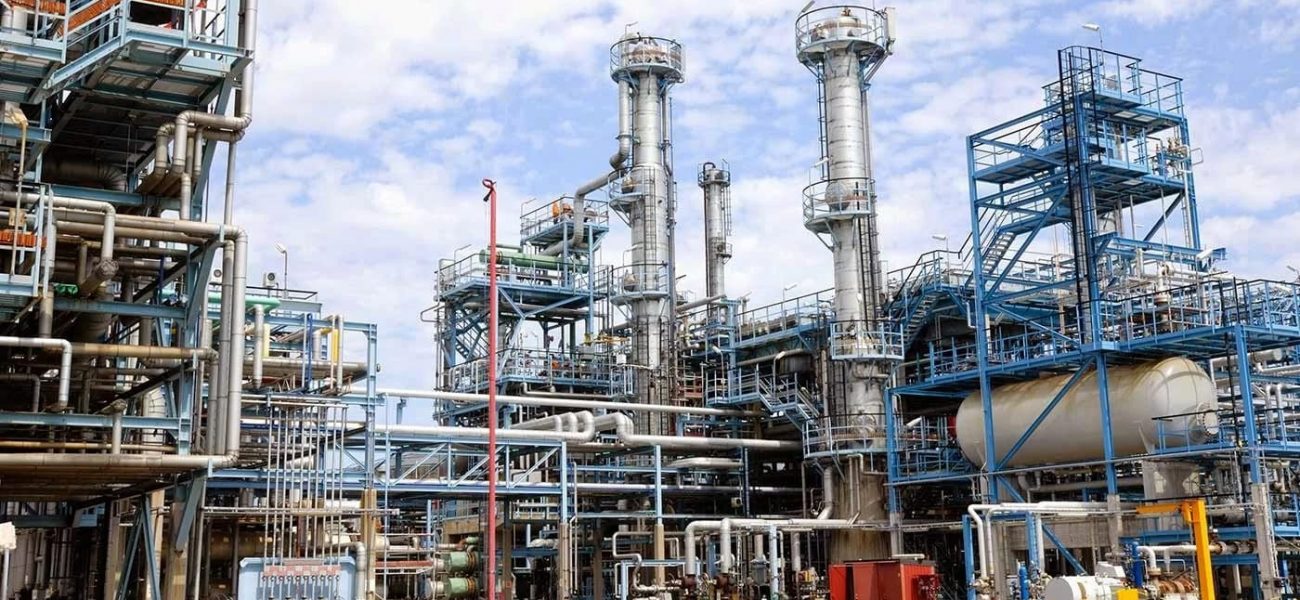Nigeria’s battle with recession has given rise to considerations on whether its sale of national assets will cushion the effects of falling oil prices, high inflation rate and dwindling foreign reserves. Since Mr. Aliko Dangote, Africa’s richest man, initially publicly advocated the idea, the matter soon became a national debacle polarising Nigerian citizens into two major camps for and against the concept.
Speaking in favour of the sale of national assets, Mr. Dangote advised the Federal Government to dispose of its stakes in major assets like the Nigeria Liquefied Natural Gas Limited (NLNG) and the Nigeria National Petroleum Corporation (NNPC) in addition to financial institutions like the African Financial Corporation (AFC), and consider the privatisation and concessioning of major refineries and airports. The CBN Governor, Mr Godwin Emefiele has also reiterated this view claiming to have first considered the idea in 2015 when the sale of national assets would have accrued about $40 billion- a far enticing prospect than the recent average value of $10 to $20 billion due to falling oil prices.
Proponents arguing the advantages of the sale of national assets say that it would provide an alternative to borrowing following Nigeria’s downgraded status by many financial rating companies such as Fitch and Standard and Poor that make the accessibility of credit much harder. In addition, it would provide an appealing alternative to borrowing from the International Monetary Fund (IMF) whose Structural Adjustment Programme in the 80’s was viewed by many Nigerians then as economically restrictive.
However, opponents of the sale of national assets have called the arguments misplaced and have called rather for the sale of non-performing national assets such as moribund refineries and some of the Presidential jets that cost the country a huge sum for its maintenance. They have also questioned the benefit of the sale of NLNG, which has accrued over $33 billion to government coffers in the past 16 years. More importantly, it has been pointed that the sale of national assets is a short-term fix for deeper-rooted problems like Nigeria’s unhealthy dependence on imports and lack of structures that support the growth of its exports
There are also issues surrounding the transparency of the sale of national assets with concerns that it may be business as usual with the sale going to a privileged few that have access and resources. Former CBN Governor, Prof. Soludo has called for its exercise as a last option stressing that the President’s endorsement of the proposal would be a historic mistake for the country.
Nevertheless these arguments indicate that the government needs and will be forced to make a decision to salvage the economy soon. The diverse public opinion on the matter also reveal that the crux of the matter is not the sale of national assets per say but what the government should sell. This is because moribund assets, refineries or NLNG are all national assets. Already, the Senate has taken the lead by drafting recommendations that it hopes that the Executive will use in revamping the economy.
Some of the key recommendations include the retooling of its export promotion policy scheme, engaging in meaningful dialogue with the Niger Delta, ensuring the passage of the Petroleum Industry Bill, passing a Bill for the creation of a National Development Bank of Nigeria that will provide longer term and cheaper source of funds to the private sector and an amendment to section 162 of the 1999 Constitution. An implication of amending section 162 is that States will have to source for their own revenue rather than relying on the Federal Government.
In addition to the recommendations, the Senate and the House have also resolved to invite President Buhari at a joint sitting to explain the steps he is taking in removing Nigeria from recession. Although the date for the President’s presentation is still undisclosed, it is arguable that the platform presents an opportunity for the Commander in Chief to explain his policy plan and assure Nigerians and investors that his administration is on the right footing to bring about the “change” needed.

